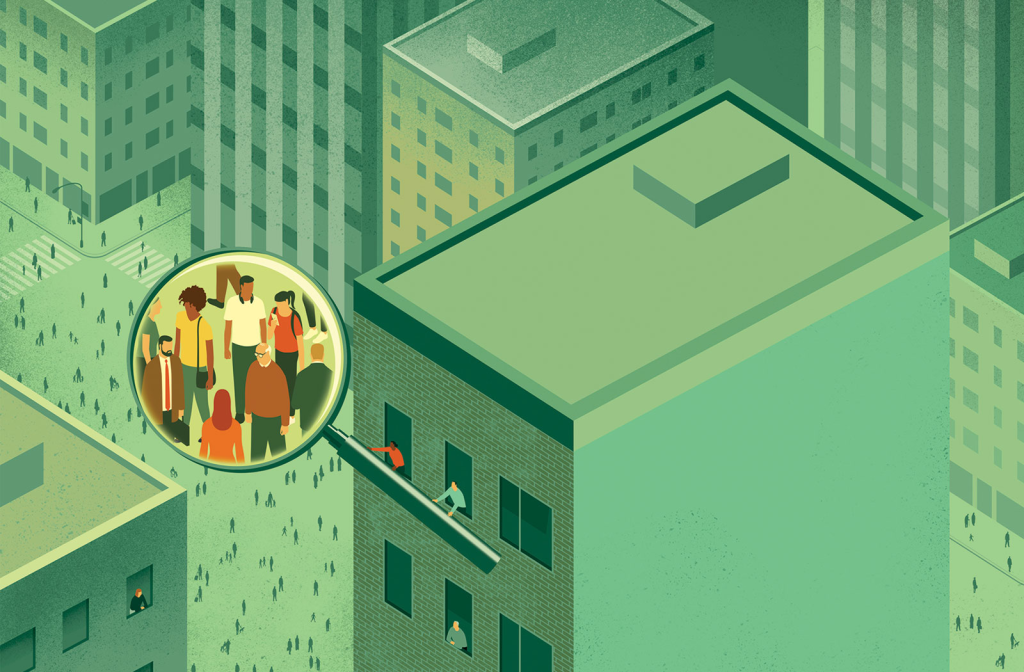How Demographic Changes Influence Economic Growth

Demographic changes play a crucial role in shaping economic growth and development. As populations age, birth rates decline, and migration patterns shift, these factors collectively impact economic dynamics in various ways.
One significant demographic change is the aging population in many developed countries. As the proportion of elderly citizens increases, the workforce shrinks, leading to potential labor shortages. This trend can slow economic growth as businesses struggle to fill positions and productivity may decline. Additionally, higher healthcare and pension costs put pressure on government budgets, potentially leading to higher taxes or reduced public spending.
Conversely, countries with a younger, growing population can experience economic benefits. A larger, younger workforce can drive economic expansion through increased consumer spending and innovation. Young populations are often more adaptable to new technologies and can contribute to a dynamic and competitive economy. However, if job opportunities do not keep pace with population growth, unemployment may rise, creating economic challenges.
Migration also influences economic growth. Influxes of immigrants can help address labor shortages and contribute to a more diverse and innovative workforce. Immigrants often bring new skills and entrepreneurial spirit, which can stimulate economic activity. However, rapid migration can also strain public services and infrastructure if not managed properly.
Overall, demographic changes have a profound impact on economic growth. Policymakers must consider these factors when designing economic strategies to ensure balanced and sustainable development. Adapting to these demographic shifts is essential for fostering a robust and resilient economy.